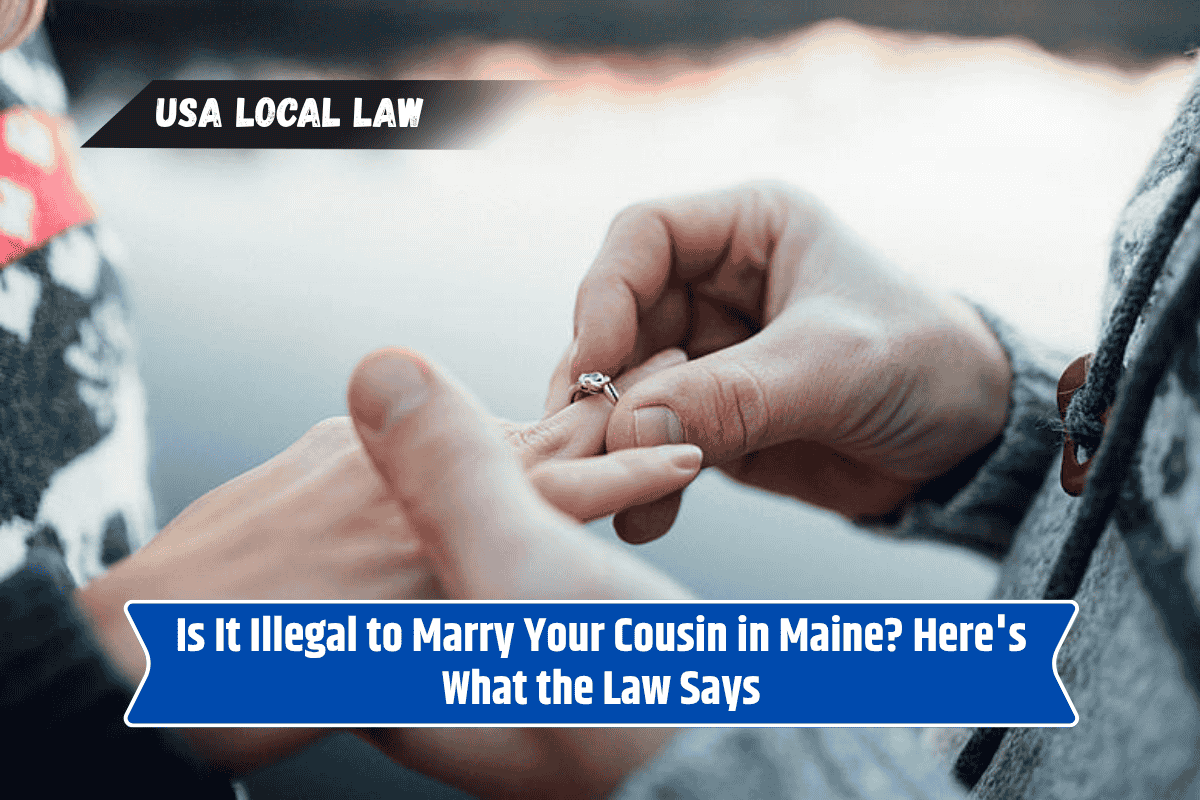Wondering if you can marry your cousin in Maine? The short answer is yes—but only if you follow some specific rules. This matters because marriage laws can vary a lot from state to state, and Maine is one of the few U.S. states that allows first cousins to marry under certain conditions.
Let’s look at what the law says and why it’s set up that way.
What the Law Says in Maine
In Maine, marriage between many close relatives—like siblings, parents, grandparents, aunts, uncles, nieces, and nephews—is strictly forbidden. But first cousins (the children of aunts or uncles) are treated differently under Maine law.
They can legally marry if they complete genetic counselling with a qualified physician. This rule is laid out in Title 19-A §701 of the Maine laws.
Why Genetic Counselling Is Required
The state requires genetic counselling because children born to first cousins have a slightly higher risk of genetic illnesses. Experts want to make sure couples make informed choices and understand these risks before deciding to have children .
How Maine Compares to Other States
Across the U.S., laws about cousin marriage vary:
Some states ban marriages between first cousins completely.
Some states allow it with limits, like only if the couple is older or infertile.
A few states—including Maine—allow first cousins to marry but only with genetic counselling.
Social and Health Reasons Behind the Law
Historically, many places banned cousin marriage because of health concerns. But genetic studies today show the risk increase is small—about 1–2% higher than other marriages. Maine’s law tries to balance personal freedom with awareness of medical risks .
In Maine, first cousins can legally marry—but they must first get a physician’s certificate confirming they received genetic counselling. This helps them understand any health risks for future children. The law reflects both scientific insight and respect for personal choice.
